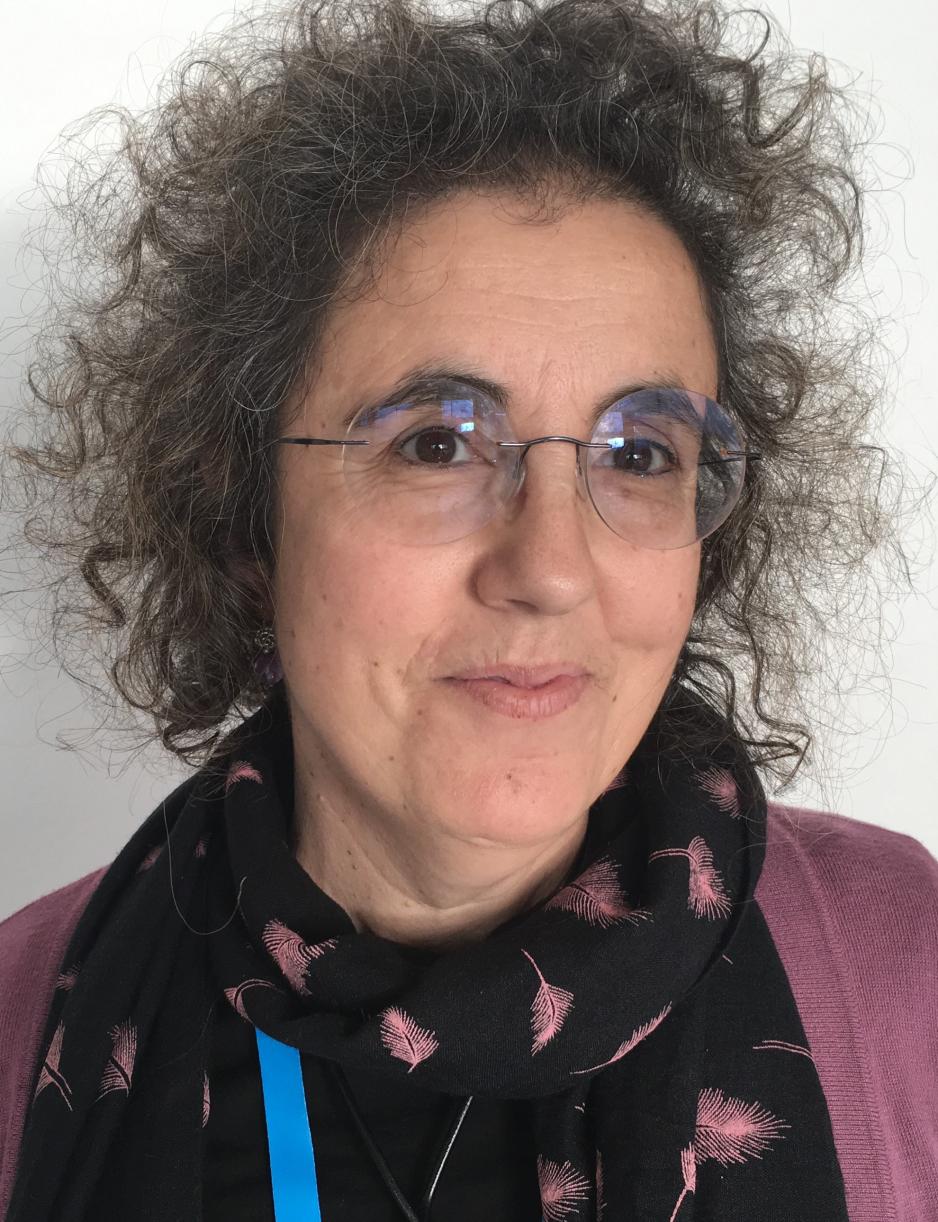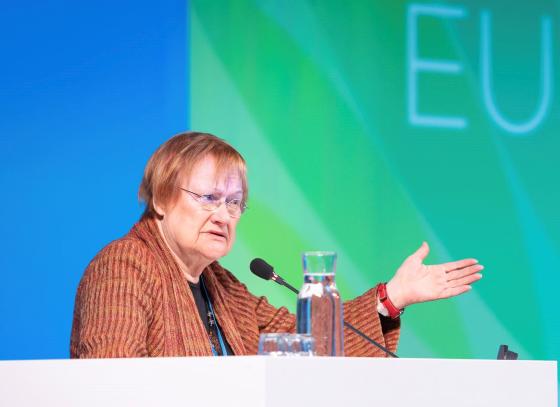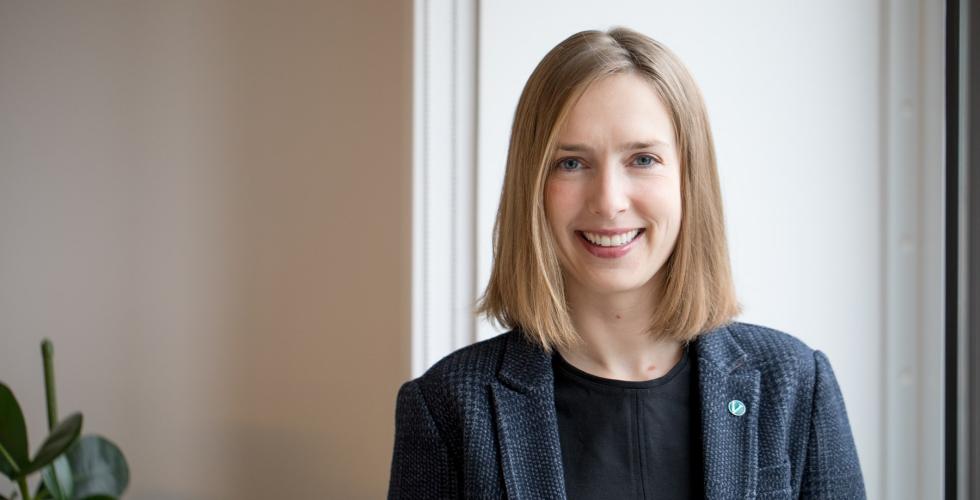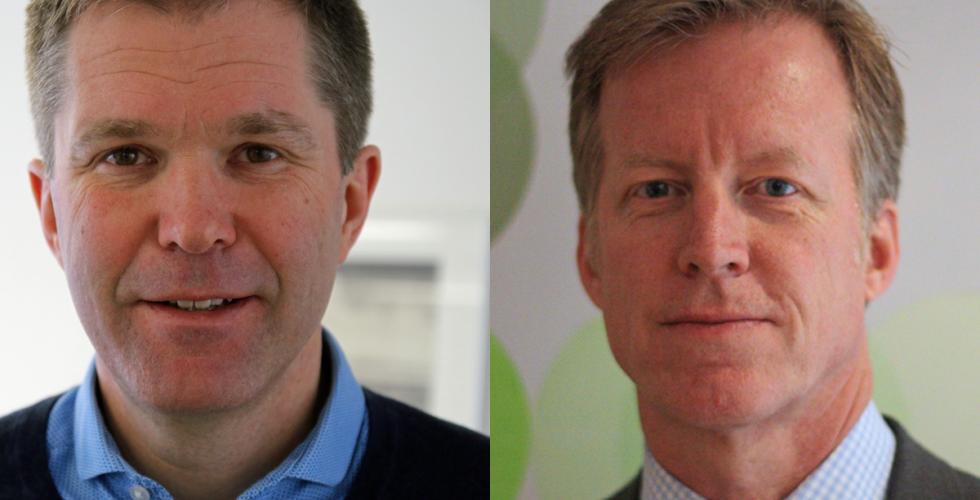“Europe wants more gender research”
Gender equality generates better results within research and innovation. In addition, EU bureaucrats argue that European research funding should be earmarked with specific requirements for gender perspectives.
“Much remains, even in the Nordic countries. We shouldn’t always presume that we’re best in Europe,” said Tarja Halonen, former president of Finland and current chairperson of the board of the University of Helsinki.
“Gender equality is not just a benefit, it is a necessity,” she underlined.
Halonen was one of the introductory speakers at an EU conference about gender equality in research and innovation in Helsinki in October. The goal of the conference was to provide recommendations to the new European framework programme for research and innovation: Horizon Europe.
Much work remains to be done
“Gender equality within research and innovation makes us better in these areas,” said Jean-Eric Paquet, European Commission’s Director General for Research and Innovation.
Approximately 200 researchers and bureaucrats, and others working with gender equality, research and innovation in Europe, participated at the conference.
Central topics were sexual harassment and gender based violence in academia, gender equality in innovation and digitisation, artificial intelligence and the research funders’ responsibility for promoting gender equality.
There was broad consensus among the introductory speakers that the EU countries still have a long way to go in terms of gender equality work in research and innovation.
Careful optimist

Ana Puy from the Women and Science Unit at the Spanish Ministry of Science, Innovation and Universities, is cautiously optimistic.
“I became a member of SWG GRI in 2014. I believe the group does important work; we work effectively to put gender on the agenda in the European Research Area (ERA). But its impact is nevertheless not as strong as we had wished for,” Puy says to Kilden.
SWG GRI is an advisory body for the EU Council’s work on strengthening gender in the EU’s framework programme for research (see fact box).
“The most important thing that the group does is to provide recommendations about gender equality to the EU Council´s (and formerly to the EU Commission’s) work with research and innovation,” she says.
It is more difficult to exert influence on the EU Council, according to Puy. Decision making on all areas require consensus between the member countries, including areas concerning gender equality in research and innovation.
“The situation today is that some of the Member states are not very supportive of the gender equality policies,” she says.
Still barriers for women
“The gender balance in the committees that assess and distribute research funding is better now than it used to be. But there is still a long way to go before we have reached our goal of real equality between female and male researchers and when it comes to gender perspectives in research and innovation content,” according to Puy.
“The working conditions for female researchers are still not as good as those for men, women in academia are still exposed to sexual harassment and other forms of gender-based violence, and they are not paid as well as their male colleagues. Neither are the research working conditions compatible enough with having a family, and the idea of excellence in research is still designed to suit men.”
Puy is more optimistic when it comes to the next framework programme for research funding in the EU, Horizon Europe, in the aftermath of the Helsinki conference.
“The draft framework programme for Horizon Europe that was presented in spring 2018 had less focus on gender than the previous programme,” she says.
“Decision making bodies in the EU have now revised it, and the latest regulation partially agreed in April looks promising.”
EU’s public consultation last summer also seems to have yielded more provisions concerning gender, according to Puy.
“For instance, gender now has to be integrated into the entire programme. We may use that in our work to direct the attention to gender and to improve the working conditions for women in research.”
Learn from each other’s experiences
Marcela Linkova is a sociologist from the Czech Republic, chair of the SWG GRI and coordinator of the EU project GENDERACTION. According to her, the group’s most important dimension is that the member states learn from each other’s experiences with gender equality in research and innovation and contribute to putting current issues on the agenda in the EU.
“Among the most important things we do is to share experience from one country to another, and to share examples of policy development and assessments of guidelines,” says Linkova.
Over the last year, the group has spent a lot of time on sexual harassment and gender based violence in academia.

Standing Working Group on Gender in Research and Innovation (SWG GRI), previously called the Helsinki group, was founded twenty years ago in Helsinki. It has been a driving force and watchdog for gender equality in the major European research programmes. Today, it is led by Marcela Linkova from the Czech Republic.
EU’s member countries and partner countries each have two representatives in the group. They meet twice each year to inform each other on gender balance and gender perspectives on a national level and to advise the EU Council (earlier also the EU Commission) on political moves that may improve gender equality in research and innovation.
The EU's definition of gender equality:
- Gender balance in research groups
- Gender balance in decision-making processes
- Integration of gender perspectives in research and innovation
Read about the conference Research and Innovation Excellence through gender equality: New pathways and challenges, and the call from the conference: Helsinki Call for Action. Advancing gender equality in research and innovation in Europe.


